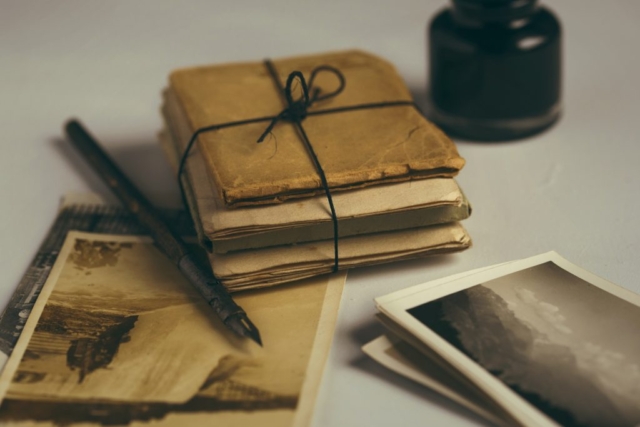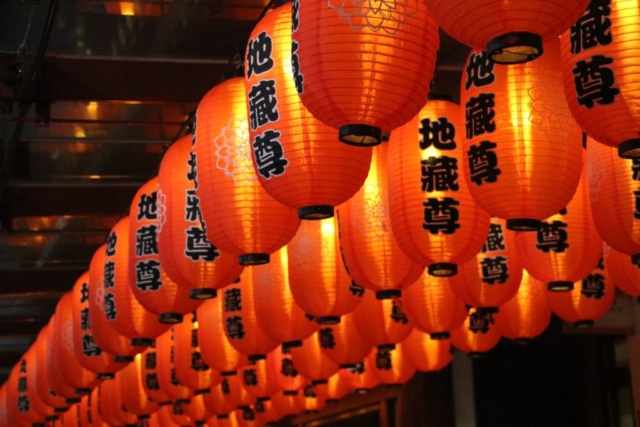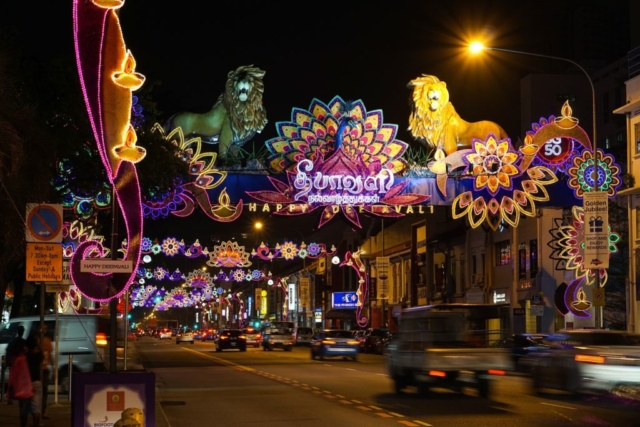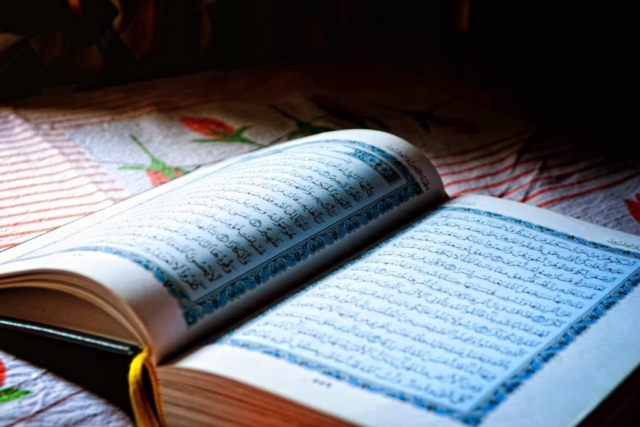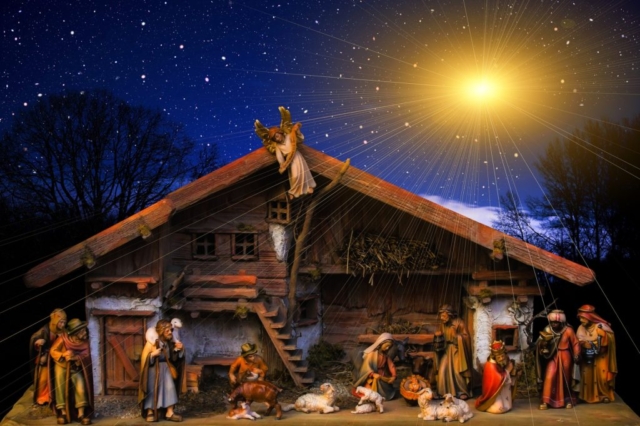History
The first records date back to the 2nd and 3rd centuries when an unclear reference to its location under the names Sabana and Pu Luo Chung was found in Greek and Chinese texts. According to legend, a Srivijayan prince arrived on the island and, when looking at the strange creature he considered a lion, he decided to establish a new city he called Singapore.
History is often the subject of major debates but states some sources that in the 14th century the place was known as Temasek. A good location at the Strait of Malacca has made it an important point = a port between China, India, Europe, Australia, and other business routes. In addition, there were no fees. He received further support from palm oil and rubber from neighboring Malaysia, which was processed and expanded here. Singapore was part of the Johor Sultanate. Later, the naval area and trade were under Dutch control.
February 6, 1819, Sir Stamford Raffles signed a contract and Singapore became a base place for the British East India Company. This act changed the place to modern Singapore, which was the property of Britain.
Due to the geographic location, the place was not affected by the conflict of the First World War. After the First World War, the British began to build a large naval base, which was completed in 1939 and was immediately used during World War II, when the Japanese army invaded the British.
On February 15, 1942, British Prime Minister Winston Churchill summoned the defeat as “the worst catastrophe and greatest surrender in British history.” Occupation became a major turning point in the history of several nations, including Japan, Britain. Singapore was renamed Syonan-to, which meant “South Light.”
Britain’s failure to successfully defend Singapore destroyed its credibility and locals leaned toward anti-colonial and nationalist sentiment, which was symbolized by the slogan of Merdeka, or “independence” in the Malaysian language.
He gained independence from the British Empire in 1963 and joined the Malaysian Federation, but was expelled in 1965 because he was a threat to his ideological differences for Malaysian domination. The island became independent on 9 August 1965, thus becoming the only country to gain independence against its own will in the history of the modern world!
Politics
Singapore is a parliamentary republic with a system of unicameral parliamentary government representing constituencies. The political system is a representative democracy. Executive power rests with the Cabinet, led by the Prime Minister, and to a lesser extent the President. Parliament serves as the government’s legislative branch.
The president is elected and has veto powers over a set of executive decisions, such as the use of national reserves and the appointment of judges, but otherwise performs primarily ceremonial functions.
The legal system of Singapore is based on English customary law, but with substantial local differences. The jury was canceled in 1970 so that the court’s decision was entirely in the hands of appointed judges. Singapore has penalties that include a corporal punishment that can be imposed for such crimes as rape, hooliganism, or vandalism. The death penalty can include convicts for murder or drug and firearms offenses.
The Singapore Judicial System is considered one of the most reliable in Asia and is among the least corrupt countries in the world.
The 1938 Singapore Law prohibits sexual relations between men.
Foreign policy is aimed at maintaining security in Southeast Asia and has diplomatic relations with more than 180 sovereign states. As one of the few countries, it has diplomatic relations with both North Korea and the USA.
Religion
Singapore is religiously diverse and no religious group forms the majority. Religious freedom is guaranteed by the Constitution. Buddhism professes about 33% of the population. Other widespread religions are Christianity, Islam, Hinduism, and Taoism. About 17% of the population claim to be atheists.
People
Singapore is very proud to have many nations with many different cultures in the country. The Chinese account for 75% of the population. The descendants of indigenous peoples and migrants from present-day Malaysia, Indonesia and Brunei make up about 14% of the population. Indians make up about 9%. The rest is a mixture of many other cultures, especially Eurasians who are of mixed European and Asian origin.
As for the locals, be careful if you want to give someone a gift. Any animal-related products (food) can offend as well as white flowers that are meant for funerals. Knives and clocks are a symbol of death, and some Chinese are even superstitious about number 4. Roughly offended is the situation when you open a present before the person who gave it to you.
The swastika is commonly seen in Buddhist and Hindu temples, as well as in the property of Buddhists and Hindus. It is considered a religious symbol and does not include Nazism or anti-Semitism.
If you are invited to a celebration where there is food, you should respect some dietary restrictions. Many Indians and Chinese are vegetarians, most of the Malays eat only HALAL food and Hindu people do not eat beef.
Note that although Singapore is in many ways a “western country”, it is not good to kiss the face when greeting a person, shaking hands is enough.
Culture
Thanks to its multicultural population, Chinese, Buddhist, Hindu, Muslim, Indian and Christian holidays are celebrated here.
Chinese holidays
Because 75% of Chinese residents, the Chinese New Year (February) is the biggest event of the year. The whole festival is celebrated for 15 days, but the peak is just before the new moon’s night. The next two days are spent with the family and most of the island stops. Then life returns to normal.
Dragon Boat Festival – falls on Day 5 of the 5th month of the Chinese calendar. The celebrations are in memory of the Chinese folk hero.
Hungry Ghost Festival – The 7th month of the Chinese Lunar Calendar (August) begins with smoke when “hell money” is burned to delight the spirits of ancestors returning to earth.
Mid-Autumn Festival – 15th day of the 8th lunar month (September / October)
Hindu Holidays
The Hindu Festival of Lights, Diwali or Deepavali is celebrated around October or November and Little India is colorfully decorated for this occasion.
Thaipusam (January / February) – Men carry decorated altars to the temple with religious hooks pierced in the skin. This ability is attributed to divine intervention and religious zeal. Women join the parade and carry milk pots on their heads.
Islamic holidays
The Islamic month of Ramadan and Eid-ul-Fitr is a major event in the Malaysian part of the city, especially in the Geylang Serai on the east coast.
Hari Raya Haji – is a time when Muslims make their way to Mecca. Lambs are sacrificed in local mosques, and their meat is given to the poor.
Christian holidays
Christian holidays like Christmas Eve or Good Friday at Easter complete the list of holidays in Singapore.
August 9 = National Day
Celebrating Singapore’s independence and you can see ubiquitous flags in the country.
Other social events in the country
Singapore organizes many other events every year. His famous festivals and events include the Singapore Food Festival, Singapore Grand Prix, Singapore Arts Festival, Chingay Parade, World Gourmet Summit, and ZoukOut.
Singapore Grand Prix
The inaugural Grand Prix F1 Grand Prix was held at night in September 2008. The F1 Organizers have confirmed that the night race will be extended till 2021. It takes place on a street circuit in the city center. Tickets start at $ 150, but the experience is unforgettable.
